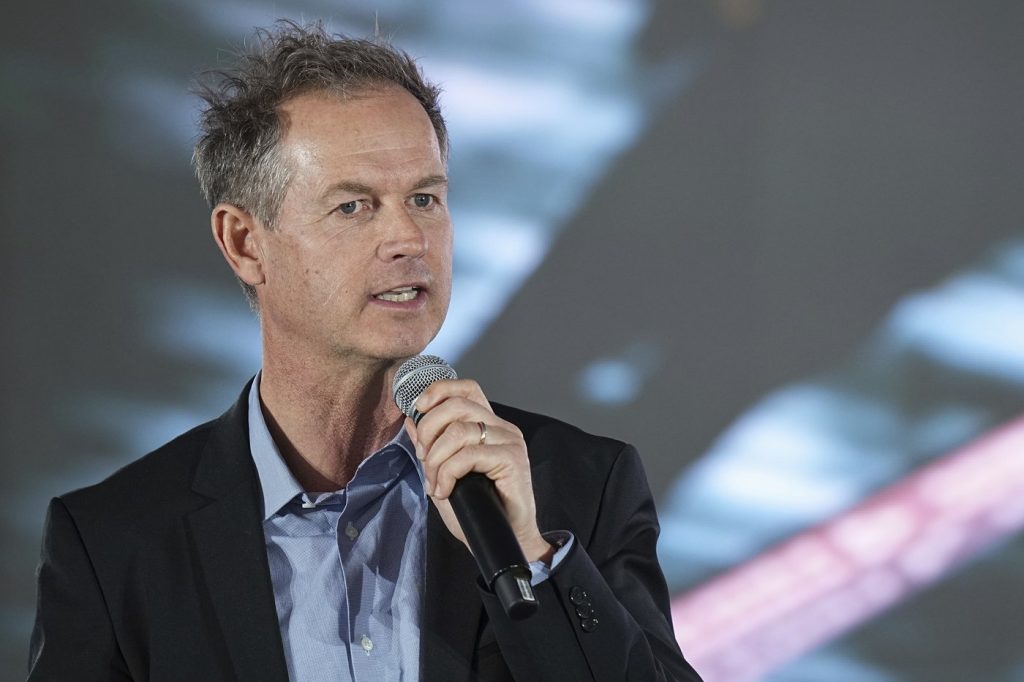World
Legal Action Launched Against 2030 Winter Olympics in French Alps

Opponents of the planned 2030 Winter Olympics and Paralympics in the French Alps have initiated legal proceedings to demand a public debate regarding the event. The citizens’ group, known as Collectif Citoyen JOP 2030, has been joined by several regional elected officials and civil society organizations in filing cases before administrative courts in Paris, Lyon, and Marseille. Their aim is to defend the citizens’ right to information and to ensure that a genuine public debate occurs prior to the Games.
The French project focuses on Alpine ski resorts and ice sport venues in Nice, located on the Mediterranean coast. The organizing committee has set a provisional operational budget of €2 billion (approximately $2.1 billion), with construction costs, including a planned ice arena in Nice, representing additional expenses. Critics have labeled the bid an “environmental aberration” and a “democratic denial,” arguing that residents directly impacted by the event have not been consulted, which they claim violates democratic rights.
The structure of the 2030 Winter Games will require a combination of snow and sliding venues in the mountains, alongside skating and curling facilities situated among the palm trees of Nice. Opponents express concerns that hosting the Games could lead to severe environmental impacts, particularly regarding water resources and fragile mountain ecosystems already stressed by climate change. This situation runs counter to the Paris climate agreement, which aims to limit long-term global warming to 1.5 degrees Celsius above pre-industrial levels.
The French bid was rapidly assembled in 2023 and received approval from the International Olympic Committee (IOC) in July, just before the successful Summer Games in Paris. The IOC granted an exceptional delay to secure guarantees from the French government, recognizing the tight timeline of only five and a half years between the award of the hosting rights and the opening ceremony.
Leading the project is Edgar Grospiron, a gold medalist in freestyle skiing from the 1992 Winter Olympics, who was appointed as president of the organizing committee. The citizens’ group has criticized the financial burden the Games may impose, particularly given the current turmoil in France’s public finances. They estimate that the entire event could cost over €2.5 billion in public funds, which they argue is being imposed without adequate opportunity for public discussion.
The financial implications are significant, considering that France’s public deficit reached 5.8% of its gross domestic product (GDP) last year, far exceeding the European Union’s target of 3%. The nation currently faces a debt crisis, with public debt standing at €3.346 trillion, or 114% of GDP, at the end of the first quarter of 2025.
In light of these challenges, the citizens’ group asserts that the funds allocated for the Olympics are unlikely to benefit local mountain residents or those in need. Instead, they advocate for the investment to support a meaningful transition for the mountain regions, emphasizing that the current financial priorities should align with the needs of the community.
As the legal proceedings unfold, the debate surrounding the 2030 Winter Olympics in the French Alps is poised to continue, highlighting the tension between public interests and major sporting events.
-

 Science2 months ago
Science2 months agoToyoake City Proposes Daily Two-Hour Smartphone Use Limit
-

 Health2 months ago
Health2 months agoB.C. Review Reveals Urgent Need for Rare-Disease Drug Reforms
-

 Top Stories2 months ago
Top Stories2 months agoPedestrian Fatally Injured in Esquimalt Collision on August 14
-

 Technology2 months ago
Technology2 months agoDark Adventure Game “Bye Sweet Carole” Set for October Release
-

 World2 months ago
World2 months agoJimmy Lai’s Defense Challenges Charges Under National Security Law
-

 Technology2 months ago
Technology2 months agoKonami Revives Iconic Metal Gear Solid Delta Ahead of Release
-

 Technology2 months ago
Technology2 months agoSnapmaker U1 Color 3D Printer Redefines Speed and Sustainability
-

 Technology2 months ago
Technology2 months agoAION Folding Knife: Redefining EDC Design with Premium Materials
-

 Technology2 months ago
Technology2 months agoSolve Today’s Wordle Challenge: Hints and Answer for August 19
-

 Business2 months ago
Business2 months agoGordon Murray Automotive Unveils S1 LM and Le Mans GTR at Monterey
-

 Lifestyle2 months ago
Lifestyle2 months agoVictoria’s Pop-Up Shop Shines Light on B.C.’s Wolf Cull
-

 Technology2 months ago
Technology2 months agoApple Expands Self-Service Repair Program to Canada









